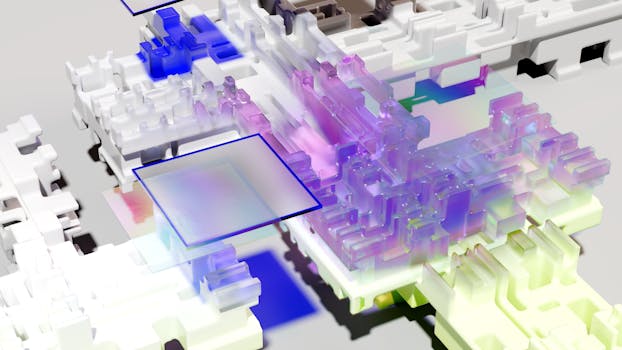In recent years, every chipmaker has been going all out in the AI domain, and MediaTek's new Dimensity 9400 SoC takes this trend to a whole new level. This flagship mobile chip not only boasts impressive computational capabilities but also introduces a novel concept—'agentic' AI. But what exactly is 'agentic' AI, and how will it change our smartphone experience?


First, let's dive into the basics of 'agentic' AI. Traditional AI typically refers to algorithms and models designed to perform specific tasks, such as image recognition or voice assistants. However, 'agentic' AI goes a step further by being able to manage and optimize various functions of your phone based on your habits and needs. In other words, this AI isn't just passively responding to user commands; it can make decisions to some extent on its own.
For instance, imagine you wake up at 7 AM every day and open a news app to catch up on the latest updates. A traditional AI might remember this habit and automatically launch the news app when you pick up your phone. 'Agentic' AI, however, would take it a step further by pre-loading the news app before you even wake up, ensuring that you can see the latest news immediately upon opening your phone. It can also intelligently recommend articles based on your reading preferences.


Of course, the applications of 'agentic' AI extend far beyond this. It can optimize battery management by adjusting power settings according to your usage patterns, thus extending battery life. It can also optimize network connections by automatically selecting the best network mode based on your location and network environment. These seemingly minor improvements can significantly enhance the user experience.
However, the emergence of any new technology comes with its share of controversies and challenges. 'Agentic' AI is no exception. On one hand, there are concerns about privacy, as this technology requires collecting a significant amount of user data to function effectively. On the other hand, some people question the practical effectiveness of this technology, suspecting that it might be more of a marketing ploy than a genuine advancement. Despite these concerns, MediaTek remains confident that 'agentic' AI is a key direction for the future development of mobile devices. As consumers, we should perhaps adopt an open-minded approach and try to embrace and experience this new technology. After all, technological progress often comes with trial and error. Perhaps in the not-too-distant future, when we look back on this period, we will find that 'agentic' AI has become an indispensable part of our lives. Let's wait and see.

